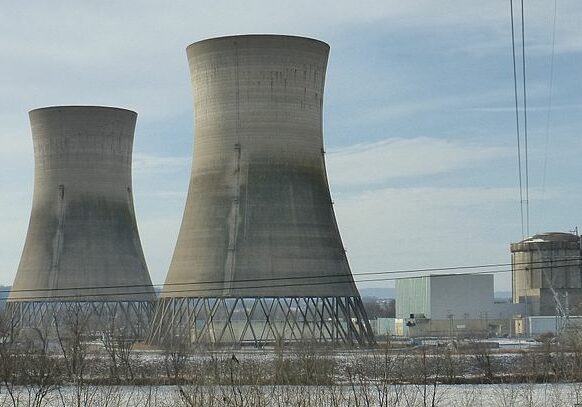Price-Anderson reauthorization and expansion dropped from US defense authorization bill

Price-Anderson Act reauthorization and expansion to shield the nuclear industry from severe accident liability
is moving through Congress but has been removed from the National Defense Authorization Act
Hearings on the many concerns are still in question
The 20-year reauthorization of Price-Anderson Act (PAA) is moving forward in Congress to indemnify the nuclear power industry from its full liability from severe accidents through 2045. By Fukushima standards that could potentially run into the many hundreds of billions of dollars for intergenerational personal injuries and long-term property damages from radioactive fallout released by a single severe nuclear accident. However, a bipartisan congressional effort to ensconce the PAA reauthorization in the final National Defense Authorization Act (NDAA) has apparently been dropped. The limited liability coverage from catastrophic accidents has been expanded to shield operators from full liability for new but still uncertified reactor designs that would no longer be required to have offsite radiological Emergency Planning Zones.
Initially, the federal government’s renewal and expansion of the 20-year limited liability from nuclear accidents was incorporated into the “Accelerating Deployment of Versatile, Advanced Nuclear for Clean Energy (ADVANCE) Act of 2023.” The ADVANCE Act was then folded into the NDAA along with a host of “must pass” provisions approved in the US Senate version that was sent to the US House. The ADVANCE Act is a bipartisan approved nuclear grab bag/industry wish list written “to enhance the United States civil nuclear leadership, support the licensing of advanced nuclear technologies, strengthen the domestic nuclear energy fuel cycle and supply chain, and improve the regulation of nuclear energy, and for other purposes.”
According to the November 29, 2023 edition of E&E Daily, Senator Shelley Moore Capito (R-W. VA), the ranking member of the Senate Environment and Public Works Committee and one of the bill’s original sponsors, the ADVANCE Act was met with procedural objections from lawmakers in the House Energy and Commerce Committee over the inappropriateness of the civil nuclear power provisions in a national defense authorization bill—unless it goes through a thorough hearing process and a full committee markup. E&E Daily quoted Sen. Capito to say, “‘It’s not over till it’s over, but it’s not in the final package.”
E&E Daily further reports that the same procedural hurdles that have ensnared the reauthorization of the Price-Anderson Act could very well entangle additional nuclear power legislation inserted in the national defense authorization bill including the “Nuclear Fuel Security Act” which would increase the domestic supply of reactor fuel of both low enriched uranium (3% to 5% enriched U-235) and particularly new reactor fuel High Assay Low Enriched Uranium, also known as HALEU, (between 5% up to 19.9% enriched U-235). HALEU is presently only commercially available from Russia.
According to the US Department of Energy, January 2023, the Price-Anderson Act under Section 170e presently “establishes a limit of $10 billion, adjusted every five years for inflation, on the aggregate amount of legal liability for any one nuclear incident within the United States.” Adjustment of Indemnification Amount for Inflation, 83 Fed Reg. 49,374 (Oct. 1, 2018) (adjusting the statutory public liability limit to the present $13.7 billion).” Certain “nuclear incidents” outside of the United States are indemnified up to $500 million.
Support Beyond Nuclear
Help to ensure a safer, greener and more just world for all

